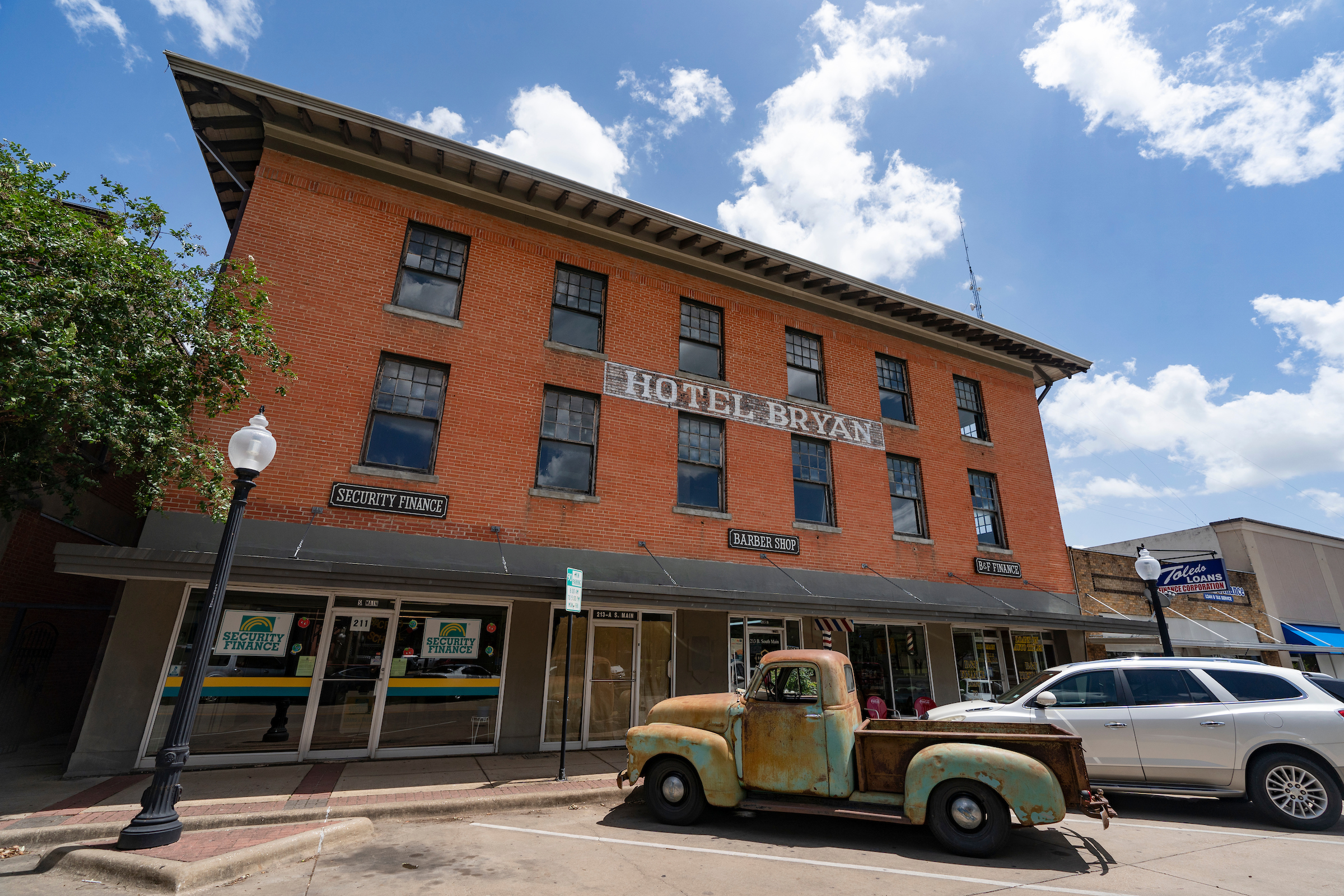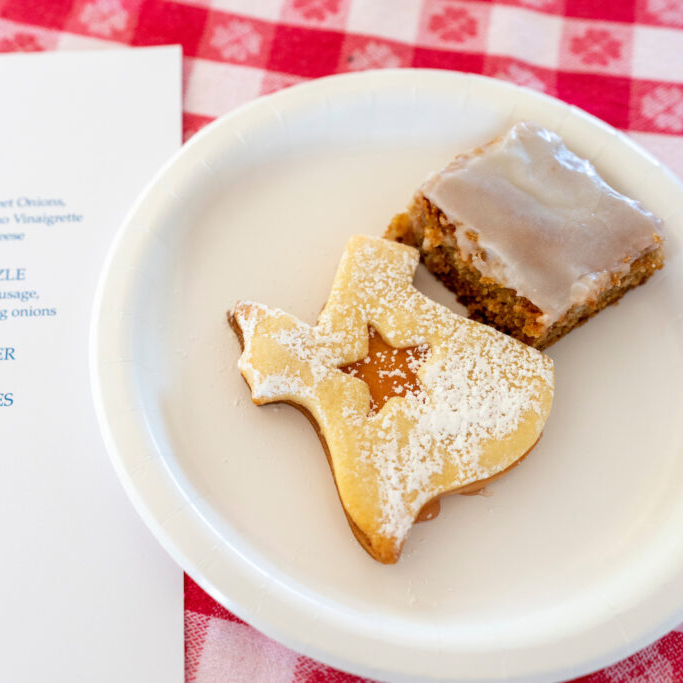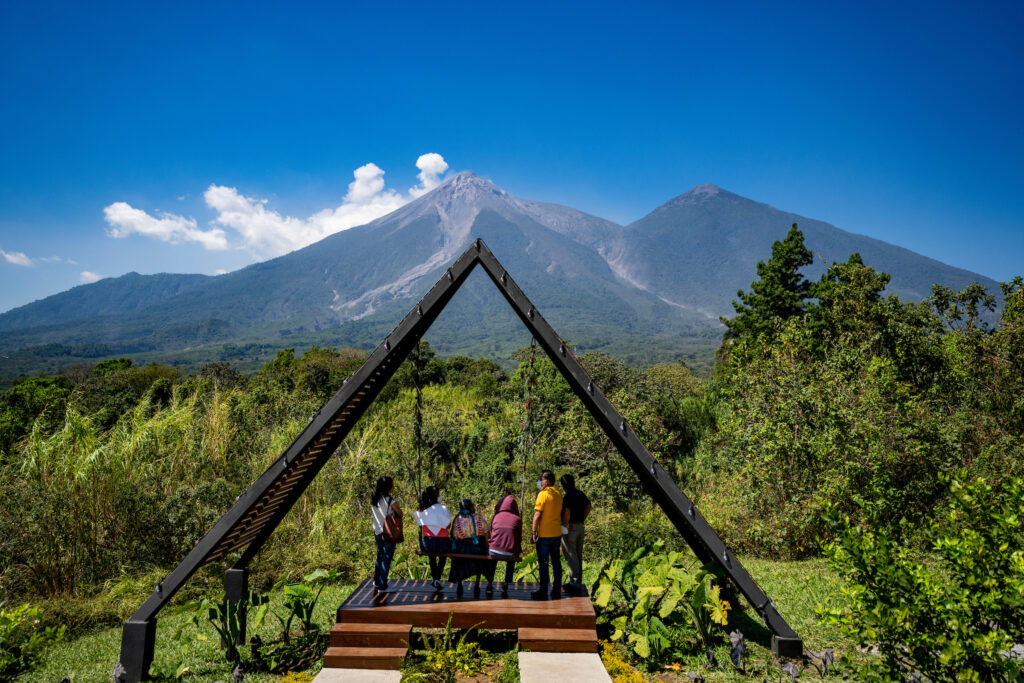
Graduate Degrees
The Graduate Program for the Department of Hospitality, Hotel Management and Tourism has produced leaders in private industry, public services, and in academia. The prestige of our department can largely be attributed to its faculty, both past and present. Our current faculty publishes more research than any department of its type, and has won multiple awards at the department and individual level (for both teaching and research).
Additionally, the Department has four active Professors and three Emeritus Professors in the Academy of Leisure Sciences; two active Professors and one Professor Emeritus in the American Academy for Park and Recreation Administration; and two active Professors and two Professors Emeriti in the International Academy for the Study of Tourism.
Hospitality, Hotel Management and Tourism Areas of Research
Hospitality and Hotel Management
Delve into the world of hospitality and hotel management, encompassing the art of providing exceptional guest experiences, efficient hotel operations, and exquisite service. This program equips students with graduate level theoretical foundations and professional applications in the realms of hotel and hospitality management. Students frequently collaborate with scholars and industry professionals to develop new insights into the service sector and its nuances.
Event Management
Explore the issues surrounding planned events as well as their management, design and production. This program will prepare students to gain practical and theoretical understandings of events and the experiences created by fairs, sports, expositions, and festivals. Students often work closely with professionals and practitioners in public service and not-for-profit sectors.
Recreation and Park Management
Park and recreation amenities are crucial elements in healthy communities. Your coursework and research, conducted in cooperation with faculty, can focus on marketing and financing parks, positioning, visitor behaviors, constraints to participation, park planning and risk management.
Master’s Degrees
M.S. Hospitality, Hotel Management and Tourism (Thesis Option)

The Master of Science (M.S.) thesis option is designed for students interested in progressing to advanced studies in a doctoral program, as well as those pursuing professional careers.
M.S. Hospitality, Hotel Management and Tourism (Non-Thesis Option)

The Master of Science (M.S.) non-thesis option is intended for current professionals or those seeking a degree leading to professional service in hospitality, hotel management, recreation, events and tourism.

Doctoral Degree
The Ph.D. degree in Hospitality, Hotel Management, and Tourism prepares students for a career as a university faculty member or research scientist in the private sector or a government agency.
Graduate Advisory Committee
A graduate student at Texas A&M University benefits from the guidance and expertise of faculty members who agree to serve on their graduate advisory committee. The students’ committee approves courses, thesis and dissertation proposals, conducts preliminary written and oral examinations for doctoral students, and administers the final examination required for all degrees. It is the student’s responsibility to form an advisory committee. This is done by completing a degree plan, which is signed by the faculty members who agree to serve on the advisory committee.
Master’s Degree
Master’s degree students must file their degree plan and form their advisory committee during their second semester in residence (excluding summer semester). Registration for future semesters is blocked until the degree plan is on file.
Master’s degree advisory committees will consist of no fewer than three members of the graduate faculty representative of the student’s fields of study and research. The chair or one of the co-chairs of the advisory committee must be from the student’s department, and at least one or more of the members must be from a department other than the student’s major department.
Ph.D. Degree
Students in the Ph.D. program must file their degree plan and form their advisory committee during their fourth regular semester in residence, excluding summer semester. Registration for future semesters is blocked until the degree plan is on file.
Doctoral advisory committees will consist of no fewer than four members of the graduate faculty. The chair or co-chair must be from the student’s department, and at least one or more of the members must be from a department other than the student’s major department.
Application Deadlines
International
| Fall Deadline | Spring Deadline |
|---|---|
| June 30 | September 15 |
Domestic
| Fall Deadline | Spring Deadline |
|---|---|
| August 1 | December 15 |
Application Information
Step 1: Find a Faculty Advisor
Research the graduate faculty members in HMGT to identify professors who share your research and teaching interests. You will need to identify your top 1-3 choices on your application. Graduate students are accepted to HMGT only if a graduate faculty member agrees to serve as their Committee Chair. This agreement/decision will be made once you submit your official application and the Department reviews your materials.
Step 2: Fill out the Texas A&M University Application
On the Graduate Centralized Application Service (GradCAS) website, choose the graduate application, then Texas A&M University. The major for the application will be Recreation, Park, & Tourism Sciences.
Texas A&M University’s GRE code is 6003. HMGT does not use a department code.
Step 3: Wait for the Graduate Committee to Decide if Your Application Will be Accepted
Admissions decisions are made based on application materials, as well as resources available with your preferred Faculty Chair and in the department. Once accepted, you will receive an email from the HMGT Department and a letter from the University.
Contact Us
Melyssa-Anne Stricklin
Senior Academic Advisor, AGLS Advising Hub

